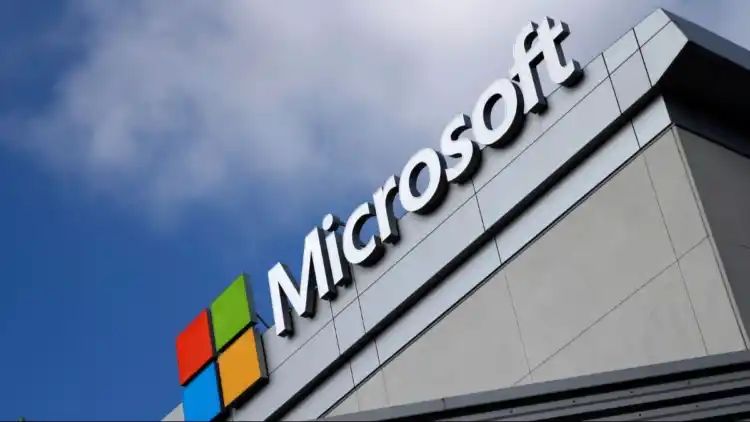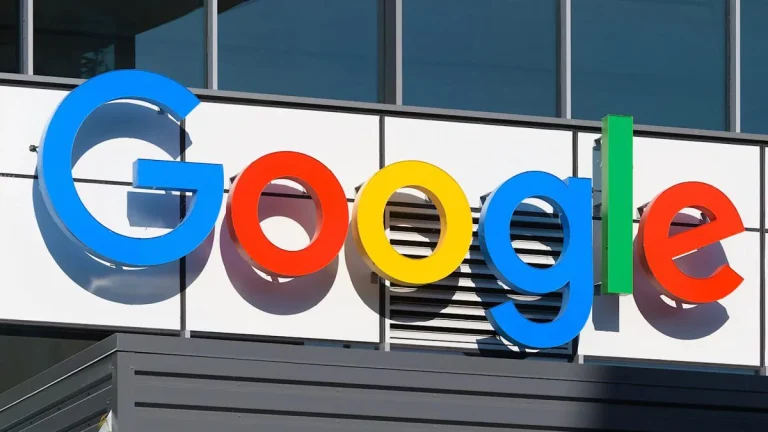Microsoft is being questioned after it laid off over 1,900 employees from its gaming division

Microsoft is facing criticism after announcing a significant reduction in its gaming division workforce, affecting over 1,900 employees.
The move has raised concerns about competition and antitrust laws following Microsoft’s acquisition of Activision Blizzard.
The US Federal Trade Commission (FTC) expressed worries that these layoffs could impede its ability to enforce corrective measures if the court deems Microsoft’s acquisition of Activision Blizzard to breach antitrust laws. The FTC’s concerns were conveyed in a letter to the 9th US Circuit Court of Appeals, shedding light on regulatory scrutiny surrounding the tech compan, according to Bloomberg.
The layoffs not only impact Activision Blizzard but also Microsoft’s Xbox division and ZeniMax. Phil Spencer, Microsoft’s gaming chief, revealed in late January that around 8 percent of the gaming division’s 22,000 employees would be affected, marking one of the largest job cut rounds in the gaming industry for the month.
Prominent figures like Blizzard President Mike Ybarra and co-founder Allen Adham are among those departing, signaling significant leadership changes within the gaming conglomerate. The repercussions of the layoffs extend to various departments, including Blizzard’s esports division and subsidiary studio Toys for Bob. Even personnel involved in the development of Blizzard’s unreleased survival game, codenamed Odyssey, are impacted.
Microsoft defended its decision, citing a strategic reallocation of resources towards projects with higher growth potential. Andrew Reynolds, a Blizzard spokesman, confirmed Microsoft’s cancellation of the Odyssey project but assured efforts to transition affected team members to other projects within Blizzard’s development pipeline.
The timing of these layoffs has prompted questions about Microsoft’s commitment to the independence of Activision Blizzard post-acquisition. With the FTC closely monitoring and a federal appeals court reviewing the merger, Microsoft is reportedly facing a delicate balance between its business objectives and regulatory compliance in the gaming industry.





